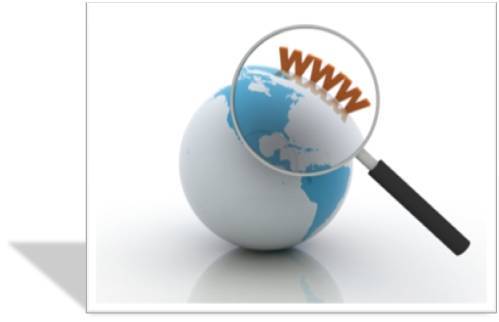Second Languages and Self Reliance
Medical Pharmaceutical Translations • Nov 4, 2013 12:00:00 AM

Regardless of political beliefs, everyone can agree that the healthcare.gov website got off to a rocky start, including when it came to its foreign language pages.
As I was reading this article about the site’s Spanish version being delayed, I was struck by something interviewee Miriam Lopez was quoted as saying: “’if I can’t apply online… I might call, or I might go to the places that they have for help….’” The article’s author went on to explain that Lopez had found these resources by searching the site.
What gave me pause about Lopez’s remarks has nothing to do with the healthcare.gov site or the Affordable Care Act – rather, she made me think of something much more universal. Although Miriam Lopez and I live in different countries and speak different native languages, something unites us: the hard fact that, even if you’re practically bilingual, it often isn’t enough.
I don’t think searching the healthcare.gov site is Lopez’s first time having to figure out where to get language help. The article doesn’t specify whether her English skills are very limited, or at fluency level. But regardless, when your daily life is in a foreign language, you come to realize that in order to be sure you fully comprehend things, you’ll have to do more research and reading than other people.
I know this from firsthand experience. An American living in France, I speak French fluently. In my everyday life, I read, write, work, and interact with plenty of people, including my husband, in my second language. I enjoy French TV shows and laugh at most of the jokes. I participate in all kinds of conversations. But when I need to understand something that involves complex or unfamiliar terminology, I instinctively know that it’s best for me to do that in English.
Lopez is fortunate to live in a country where many government and company websites are available in multiple languages. Here in France, in most cases, I have to stick to French, then try to untangle what I don’t understand, using dictionaries and other resources. It’s certainly not the worst thing to ever have to do, but it does make me angry when people criticize others for needing any kind of linguistic aid.
I’ve heard some Americans make negative comments about having other languages available on US websites. They’re the same people who rail against those who come to the US and don’t speak perfect English. I always wonder how well these complainers would do if they had to go live in a different country and learn a new language. Because the truth is, no matter how proficient you get, you’ll probably never speak like a native. I learned this early on: In addition to English, my grandfather was fluent in six languages, but despite living in America for more than half a century, he never lost his Polish accent.
The fact that many US government and business websites facilitate life for non-native speakers by offering versions in other languages makes me proud of my home country. I wish everyone luck with navigating its new healthcare system, be they born English speakers, or speakers of English as a second language.
